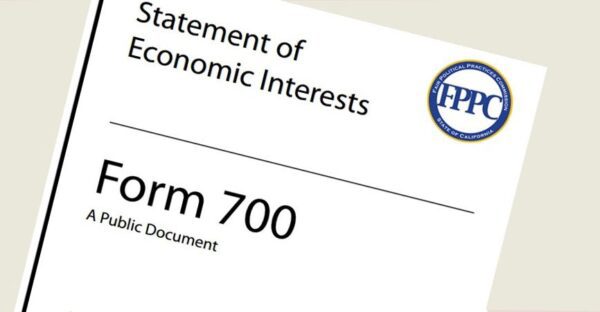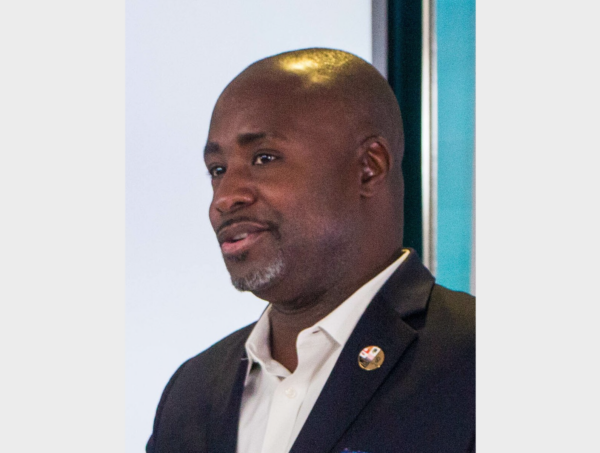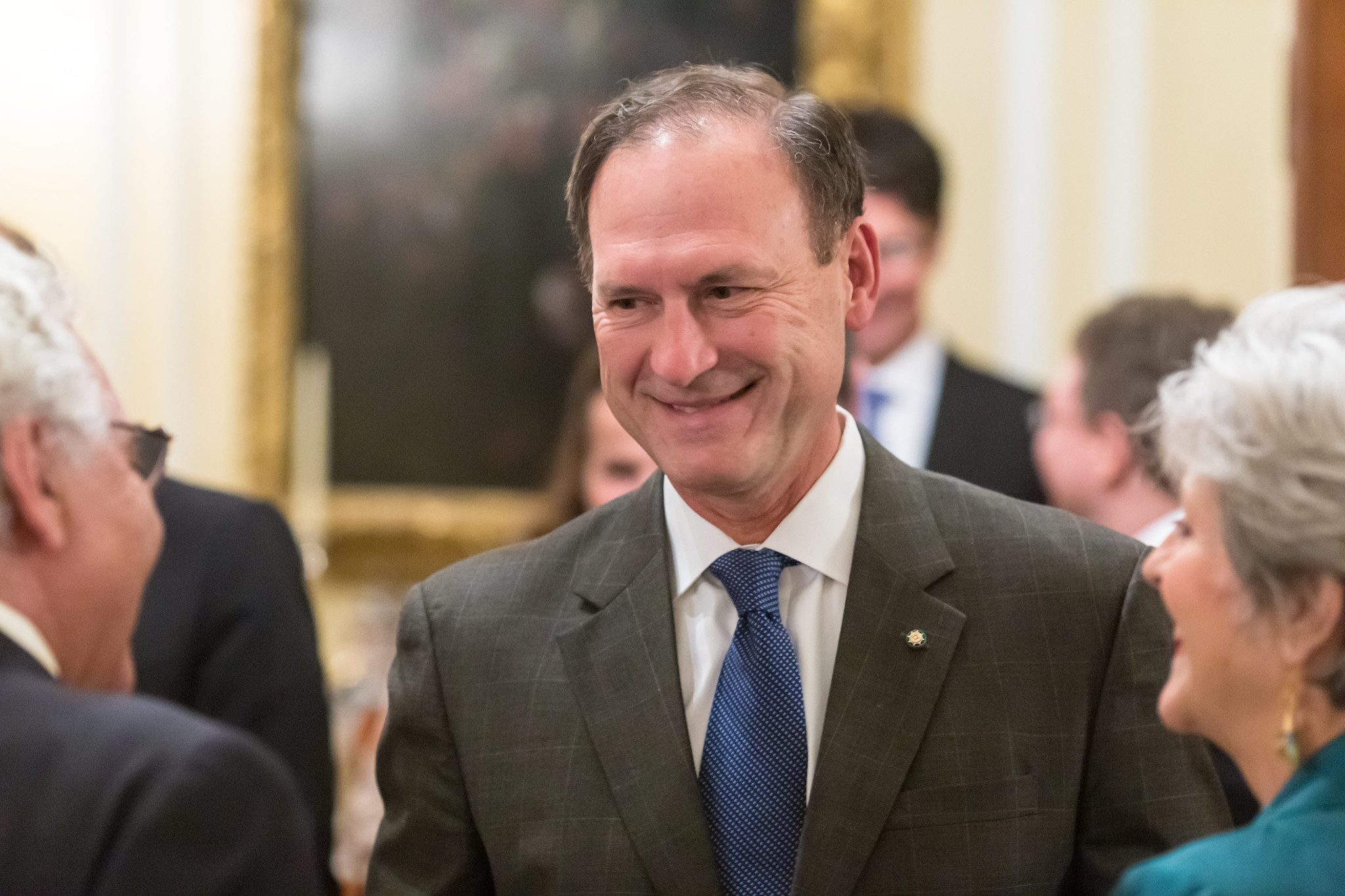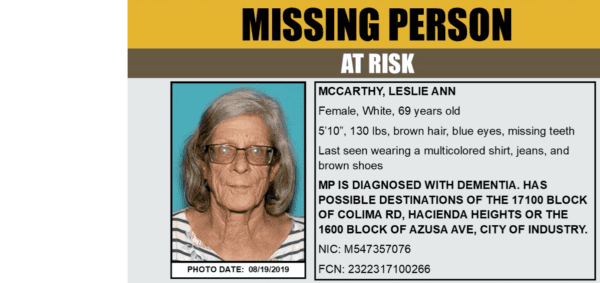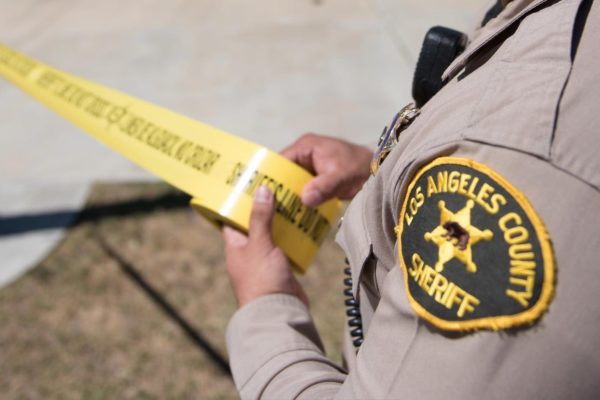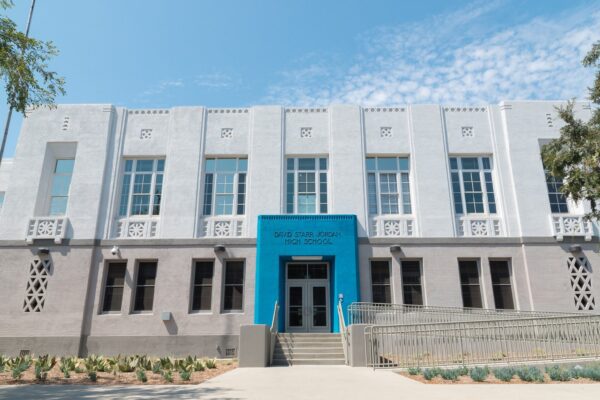The Los Angeles City Council on Tuesday requested a report on how the city could revise its ethics and conflict of interest laws to require lobbyists to disclose ties to a council member or their staff.
The motion by Councilwoman Katy Yaroslavsky comes in response to a possible ethics violation by her predecessor’s planning and land use deputy in acquiring a zoning designation for the controversial Bulgari Hotel in Benedict Canyon.
Ethics Commission records indicated that Stacey Brenner received more than $174,000 for lobbying efforts to obtain the General Plan amendment for the project while her husband Shawn Bayliss was working as the planning and land use deputy for then-Councilman Paul Koretz.
“There is absolutely no evidence that the City Ethics Office or the City Attorney’s Office were ever consulted about this clear conflict of interest that this presented and whether or how they could mitigate that conflict,” Yaroslavsky said in May when the full council considered an appeal of the project.
Brenner was the one who personally submitted and signed the General Plan amendment application, Yaroslavsky added. The councilwoman also noted that the developer Gary Safady had spent almost $3 million to lobby for the amendment.
Tuesday’s motion passed 12-0, with council members Monica Rodriguez and Curren Price absent.
In an attempt to prevent conflict of interests from occurring in general, the motion instructed the chief legislative analyst, the city’s Ethics Department and the City Attorney’s Office to report back on whether and how the city could do so.
Specifically, the motion requested city staff to establish laws that require lobbyists to disclose if they are a spouse, registered domestic partner, parent or child of a council member or council member’s staff and require them to file a Form 700, statements of economic interests under the state’s Fair Political Practices Commission.
In addition, the motion requests the implementation of laws prohibiting registered lobbyists who are a close relative from lobbying that council office on any “proposed or pending land use development project” located in that council member’s district. The law would also prohibit communication between the council member or their staff and a registered lobbyist who is a close relative of the council member or of their office staff.
According to Yaroslavsky’s motion, under the current interpretation of the city’s ethics and conflict of interest laws, when the spouse of a council member’s staff member is a registered lobbyist and seeking to influence their spouse’s office, the staff member is “advised to create a firewall within the council office.”
But that advice is only provided if the staff person “proactively” seeks guidance on lobbying from the Ethics Commission or the City Attorney’s Office.
“This presents at a minimum an appearance of conflict of interest if not an actual conflict,” the motion reads. “As the City Council is currently in the process of considering changes to these laws, now is an opportune time to consider provisions that would address this unregulated area of the law.”

